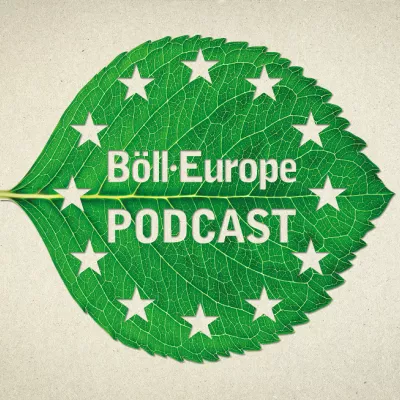Böll·Europe Podcast #2 | Intersectionality and refugee women
Data from the United Nations High Commissioner for Refugees estimates that by mid-2021, 2.5 million people in the EU were refugees. Almost half of the latter are women. But is the journey to ‘safety’ safe for women? Refugees are people who have fled war, violence, or conflict and crossed an international border to find safety in another country. In fact, women and girls are exposed to unique forms of violence related to their gender, ethnicity, age, sexuality, and socioeconomic status. Has the EU laid the ground for women so they can fully exercise the right to protection? Have female refugees found ‘safety’ at the European Union’s borders? Gail Rego talks to two experienced researchers in the field of migration from a gender perspective: Madita Standke-Erdmann and Anila Noor. Madita Standke-Erdmann recently worked as a research associate on gender based violence against women, migrants and refugees for the University of Vienna, and she authored the Heinrich-Böll-Stiftung e-paper "Intersectionality and refugee women: The shortcomings of the EU Pact on Migration and Asylum from an intersectional perspective". Anila Noor is a refugee activist and researcher who recently became a member of the European Commission Expert Group on the views of migrants in the field of migration, asylum and integration. She's also the managing director of New Women Connectors, a refugee women led movement.
